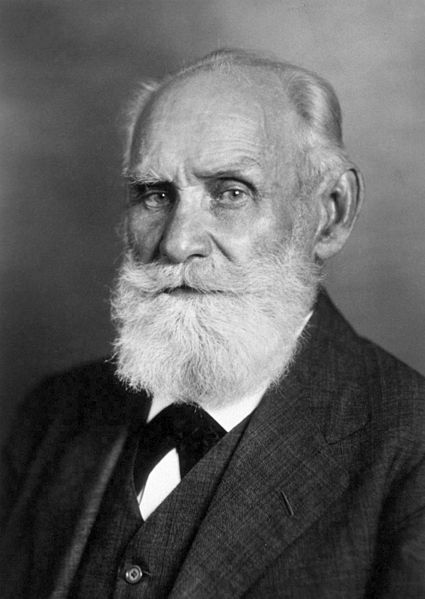
In response to my first post, "sucker4news" commented:
"I know my 'automatic' triggers and have learned the car will start without me lighting up. And it helps somewhat knowing that I can sometimes catch myself and abstain. But long-term sustained results are poor."
What sucker4news is pointing out is that our brains are very good at learning to associate things -- in this case the car with smoking. This is called classical conditioning. It's just like if I ask you to recall a movie theater, you may begin to smell popcorn popping. You can literally begin to taste the popcorn in your mouth just from the trigger of a memory.

A Russian scientist, Ivan Pavlov, is famous for studying this phenomenon back in the early 20th century using dogs. Each time he fed them, he would ring a bell and measure how much they salivated. The dogs learned to associate the sound of the bell with food, to the point where he could ring the bell and they would automatically salivate with or without food. For his classic discovery, he received the 1904 Nobel Prize.
But what does this have to do with your car?
Well, we humans are almost as smart as dogs. We, too, learn to associate random objects with behavior. If you smoke in your car enough times, you'll start to associate your car with smoking. And as "sucker4news" alludes to, over time, you start craving cigarettes just by getting in your car. Sometimes this can even happen if you just think about your car (just like with the popcorn example).
This is the bad and good news. Bad news because folks who smoke a pack a day, get 20 opportunities to reinforce these types of associations. Good news because if we know how the process works, we can work to dismantle it.
You can watch a short animation (don't worry it's only two minutes) on how this habit loop gets formed.
And if we can catch ourselves following our Pavlovian conditioning just because we're in the car, we can intervene to change these habits. Some people substitute candy or carrot sticks for smoking when a craving comes on. Sometimes substitution strategies like these work very well, but sometimes they can be problematic because they keep the habit loop intact. Instead of working with the craving directly, you're replacing one compulsive behavior with another. For instance, what happens if you don't stash enough carrot sticks in your car?
Any good substitution stories out there (both good and bad) that you want to share?
For more by Dr. Judson Brewer, click here.
For more on success and motivation, click here.